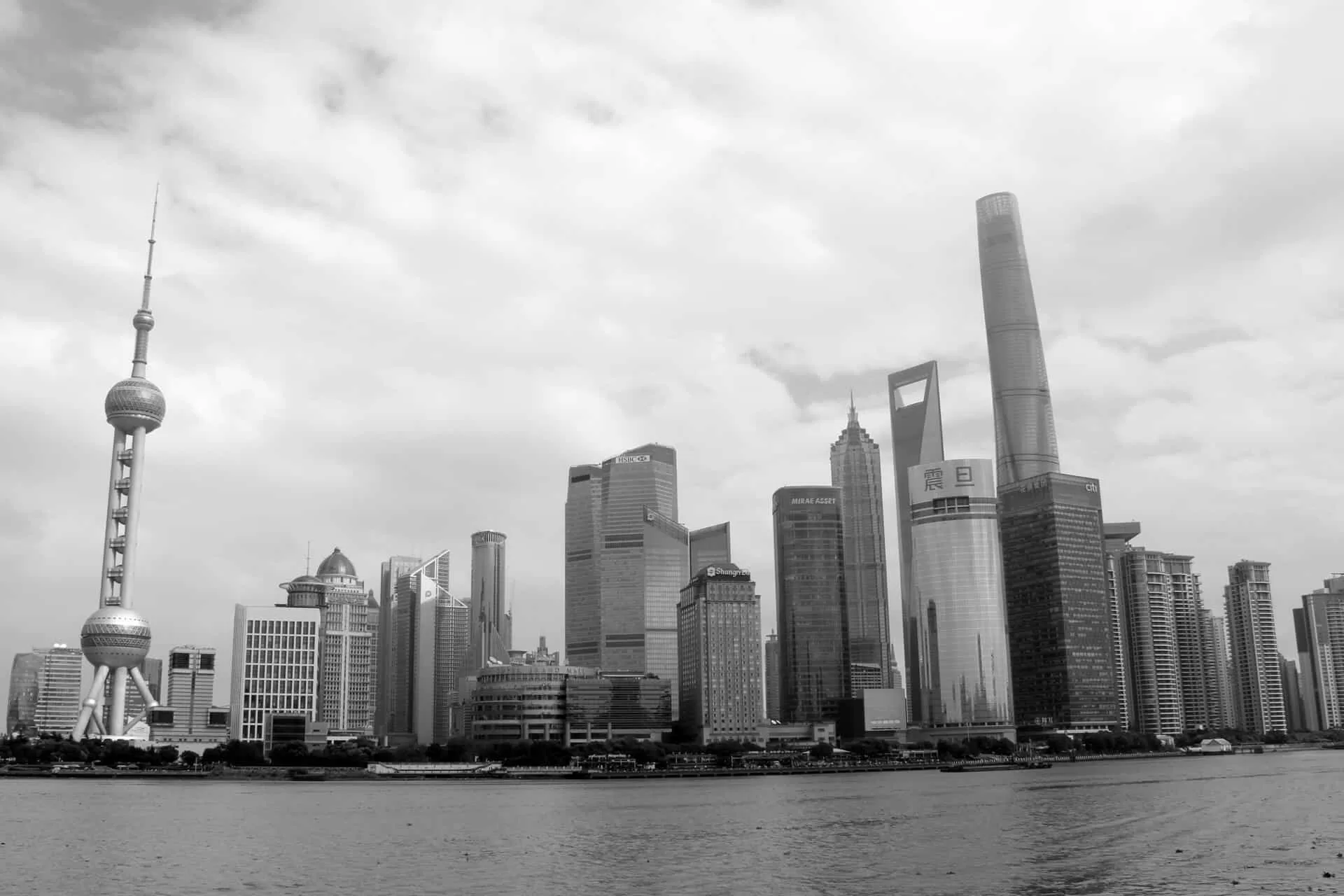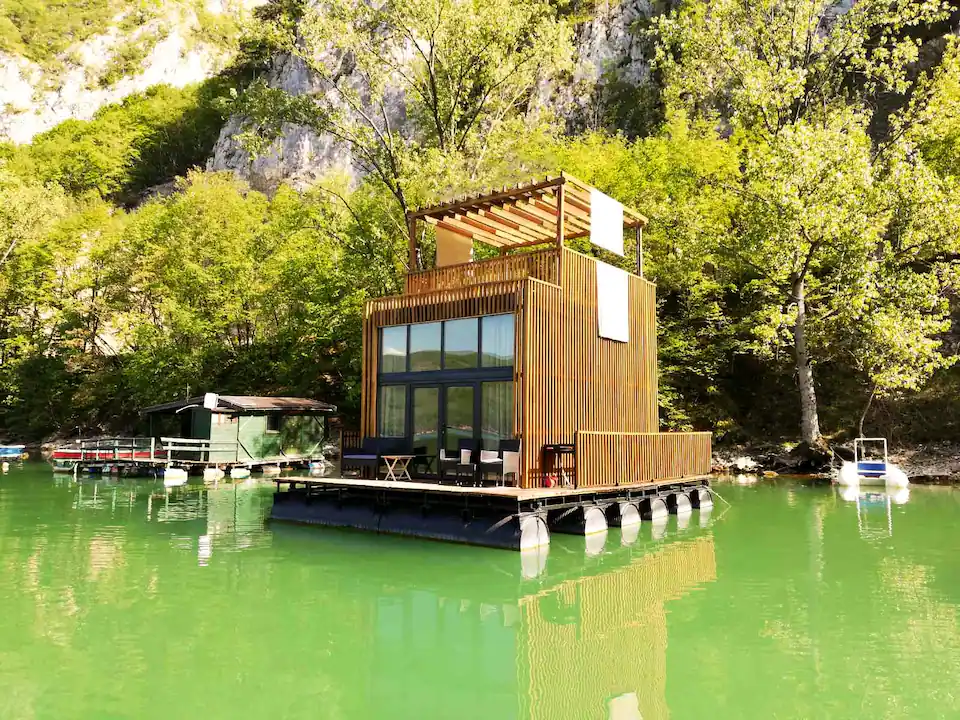How Can China’s Real Estate Bubble Affect Trading?
Whether you are considering moving to China or not, the events within the country will affect you all the same. It is too big of a power not to cause turbulence over the entire globe. One metaphorical seismic wave is enough to influence the way the economy develops, even in Europe. The real estate bubble can burst at any moment now. So, let’s take a closer look at how China and its business moves can affect trading.
1. China and the Real Estate Bubble
As it happens with every country, real estate has taken hold of commercial supremacy. Its influence can dictate the way the overseas economy will fluctuate in the near future. But first, let’s understand what this real estate bubble is really about.
In 2015, China saw its biggest success and failure at the same time in terms of the stock market. In one year, the Chinese stocks rose to an impressive peak of 159%, only to crash to 35% in a matter of three weeks. However, based on the Elliott Wave indicator, we are reminded that the market is not chaotic, but that there were some macro-stimuli that caused this event. Thus, this happened because the stock market was in the limelight, while the state economy and exports were only heading down.
However, as the stocks seemed to be without hope, investors turned to the next easiest way to score a great return on investment, namely the real estate market. The Chinese value property as one of the sturdiest pillars that support their culture. They value this type of possession more than any other country, which brought China’s home ownership up to 90%.
This is why it is easy to believe that Chinese households have 74.7% of their assets in real estate. That is huge given that another powerful country, the U.S., has only 27.9% of assets in properties. The government has also encouraged foreign investment in this sector to improve the economy. So, if this already sensitive market is affected, Chinese wealth is likely to be crushed in a massive proportion of three-quarters. This is what happens when your investments are not diversified, but focused on solely one project.
2. The Empty Flats
What makes the bubble effect perfect is that the real estate market goes through an unseen expansion while the profits are low. This phenomenon has made way for overbuilding. There have been many projects in the last years that focused on changing urban infrastructure and the face of real estate. However, the real danger stands in the fact that the supply surpassed the demand. This means that there will be too many buildings where no one wants, or can afford, to live.
The overflow of real estate projects came as a solution to fight unemployment. During the past 30 years, more than 200 million people left the rural environment for the metropolis to look for better opportunities. The building projects have supported this migration, but it seems that this move will have side effects that can affect the entire globe.
3. How Will China Affect Trading?
China plays a vital role in the balance of the whole world, since it is the 2nd-largest economic power. This is why it managed to expand to 6.7% of the targeted GDP, which is the gross domestic product per capita. The state is, however, struggling to hold the stakes up. If they continue to expand their numbers, the country is in danger of collapsing financially. However, with the pile of debts getting higher because of the red-hot property market, if China chooses to halt their ambitions and focus on building a sustainable foundation, they are looking at a slower but steady growth.
However, there is one mistake that can ruin their economic power. The GDP relies 20% of its success in real estate. This means that if the housing bubble bursts, the country will receive a severe penalty.
Moreover, another fact of interest is that China is the world’s largest trading nation, with $4 trillion in annual trades. This milestone clearly assured the country’s global domination, and this is why its actions and their side effects can affect the entire world.
China relies heavily on the UK and India for its primary construction materials. They need machinery, equipment, and industrial supplies from the UK, and metal products from India. In case the real estate market collapses in China, it will most likely cause a drop in metal prices that are the foundation of their building projects. Consequently, the iron ore, aluminum, copper, lead, nickel, and zinc will drop their worth by about 2-8%. These effects are likely to last for up to six quarters on a worldwide level.
4. China Real Estate Bubble and G20
G20, or the Group of Twenty, is a forum that gathers the top 20 major economies in the world. As a member of G20, China can cause a major global spillover in case its real estate investment growth suffers even a temporary shock. The repercussions of such a scenario would probably last for four to five quarters.
The capital goods manufacturers that have direct connections with China and any of the G20 members, especially Germany, Japan, and Korea, are likely to suffer the most negative impact of the bubble burst. The consequences can affect more than just the manufacturers, though. The global trade activity would decline, as all exports and imports that have a link to the G20 would see some major weakening.
The economies that, at this moment, enjoy fruitful benefits due to global trade expansion, such as Japan and Germany, are likely to be the most affected. Korea’s domestic product value will also decline, as the country has direct exposure to China.
Moreover, the overall global trade will also be altered by the trade expansion with China. The demand for primary materials will weaken as China suffers from a real estate decline. However, since the main exporters to China enjoy diversity in mineral and manufactured commodities, the impact will not be so brutal. This is why the UK, Australia, Canada, and Brazil will easily cushion the spillover effects. Unfortunately, Indonesia saw an increase in coal demand from China during the last few years, which made it dependent on this economic partnership. This is why the country might absorb most of the negative impact of a real estate bubble burst.
All in all, the future global growth seems to have come to a halt, and its trajectory is now dependent on the situation in China. The real estate industry holds too much influence in the economic activities within the country. As China is the second most powerful economy and the first world’s largest trading nation, its growth or recession will cause repercussions all over the globe. However, the real estate bubble seems to be steady at the moment, so the scenario of its burst is only fictive for now.
I hope you got value from this article: How Can China’s Real Estate Bubble Affect Trading? If you would like more information, please contact our office HERE. I’ve also added in a few articles for your reading pleasure, enjoy!
It Might Be Time To Get An SDIRA – Trade War With China
Hong Kong, China, The US—Threat of A Global Recession
The Impact of the US-China Trade War on Hong Kong










